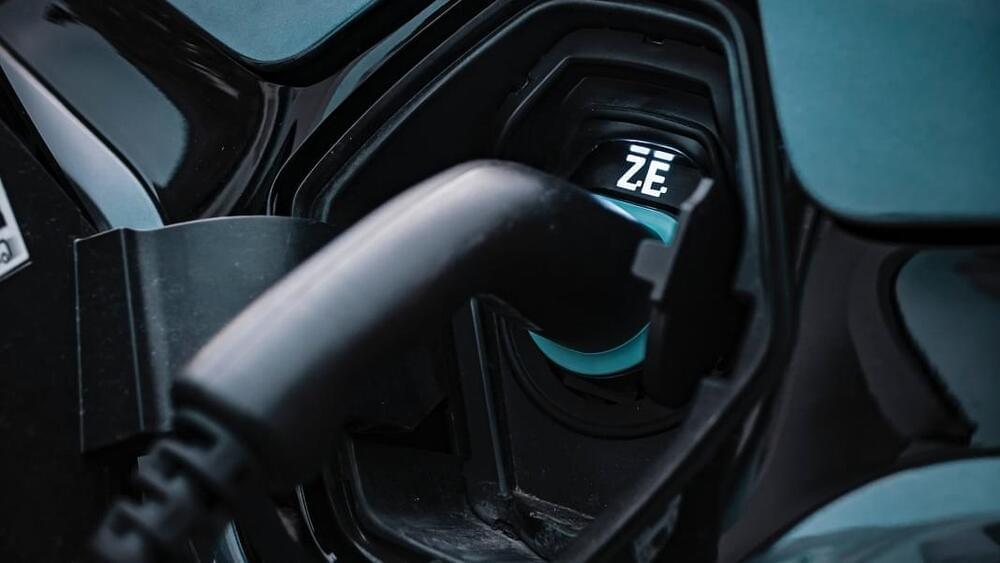Most efforts so far have relied on external heating and cooling systems, but these add a lot of bulk and also tend to use up a considerable amount of energy themselves. The researchers’ innovation, outlined in a recent paper in Nature , was to add an extra component to the batteries: a sheet of nickel foil just a few micrometers thick between the stacked electrodes of each cell.
This ultra-thin sheet is used as a heating element, and when a current is passed through it the cell heats up to 149° Fahrenheit in about a minute. This temperature is maintained through charging, but the cell then quickly cools back to room temperature as soon as the current is switched off.
When they tested their approach, the researchers found that they could charge a 265 watt-hour battery to 70 per cent in 11 minutes. They also showed that heating the battery didn’t seriously affect its lifetime, as it survived 2,000 cycles of charging, which would provide enough energy to drive more than 500,000 miles overall.
